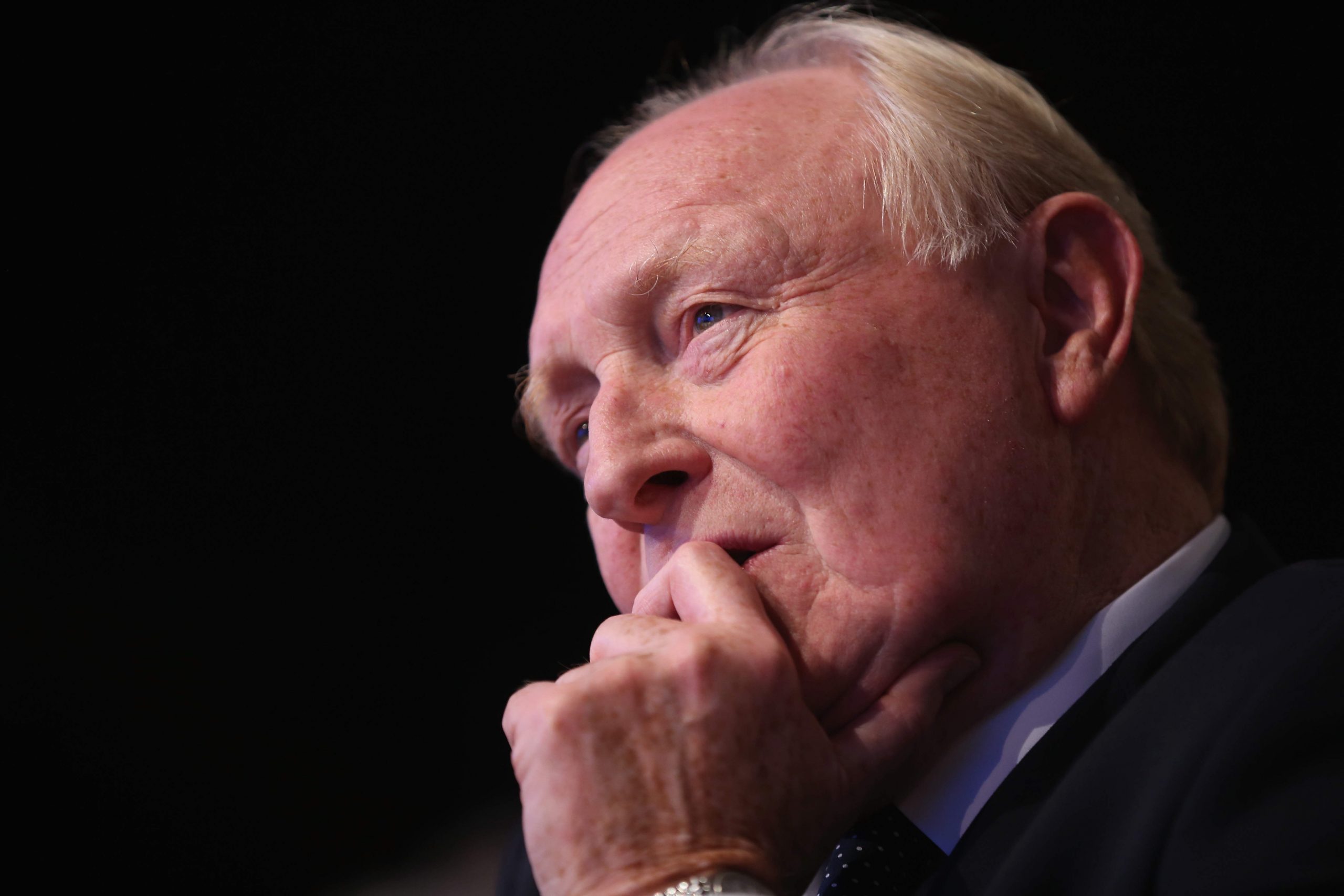
As the polls have remained deadlocked, some Tories have consoled themselves with the thought that they could simply be wrong. In 1992 the final surveys showed Labour and the Conservatives level pegging but John Major’s party finished seven points ahead and won a majority of 21 seats. The error was due to the phenomenon of “shy Tories”: those who refused to disclose their true voting intention to pollsters out of shame of voting Conservative.
Polling companies have since adjusted their methodologies to account for this factor, but the man who lost the 1992 election, Neil Kinnock, believes it remains a danger for Labour. In an interview in this week’s New Statesman, the party’s former leader tells me:
“That’s always a danger … There’s a superstition that somehow a Tory government will look after your pocket, it’s a triumph of propaganda over reality and people who tell pollsters that they’re not sure or they’re not going to vote Conservative will, in the privacy of the ballot booth, say: ‘To hell with it, I’ll stick with what I know because they say they’re going to cut my taxes’ – even when their record is of course to have put taxes up.'”
He adds, however, that while “there’s something in the ‘shy Tory’ theory”, “how much there is now, I don’t know because it is emphatically not 1992″. Kinnock also believes that any shy Tory factor may be partly mitigated by its Labour equivalent.
“There might be some shy Labour around too, by the way. People who are pretty secure but are bothered as good citizens about the fractures in our society and, in their ultra-polite circles, would not openly profess to voting Labour but nevertheless know which side they’re on. I don’t know how many of those there are but there are some.”
Labour “permitted” Tories to tell “lie” over the economy
Elsewhere in the interview, Kinnock laments Labour’s failure to counteract “the lie” told by the Tories over the state of the UK economy in 2010. “They’ve got away with telling a lie,” he says, adding that they were “permitted to implant” it “because we were preoccupied with a leadership election”. He continues:
“We should have redoubled our efforts after that to demolish the lie. I understand why huge energy wasn’t put into it, I’m not going to criticise the fact that there wasn’t a great anti-lie WEA national course in elementary economic truth about where we really were in 2010 with a recovery underway, not a land of milk and honey, but a Britain with lower inflation, rising income, rising employment, falling unemployment, balance of payments much healthier than it is now, low bond yields, record low bond yields, so if the markets had thought we were going to be Greece in the North Sea they would have pulled the money or at least they would have changed more for it – but they didn’t!”
Of the coalition’s austerity programme, Kinnock remarks: “It’s like those two GIs in Normandy in 1944. They go into a village which has been flattened and one says to the other ‘we sure liberated the hell out of this place’. And that’s what they’ve been doing, they’ve been liberating the hell out of this place.”
The full interview with Neil Kinnock appears in tomorrow’s New Statesman





